AITA for yelling at my friends and leaving dinner after they all made fun of me and gave me a gay intervention?
OP (21F) went out for dinner with friends when a waiter mistakenly identified her as a man. Instead of simply correcting him, one friend loudly announced, “Oh, she’s not a man, she’s just a lesbian,” sparking laughter. OP, who is straight, was shocked but even more upset when her friends refused to believe her, insisting she was in denial and accusing her of internalized homophobia.
As they turned the conversation into a full-on intervention, OP firmly denied their claims, but they continued with jokes and lectures. Frustrated, she yelled at them for being bad friends and left. Now, she’s wondering if she overreacted, but the reality is clear—her friends dismissed her identity, making assumptions instead of respecting her truth.

‘AITA for yelling at my friends and leaving dinner after they all made fun of me and gave me a gay intervention?’
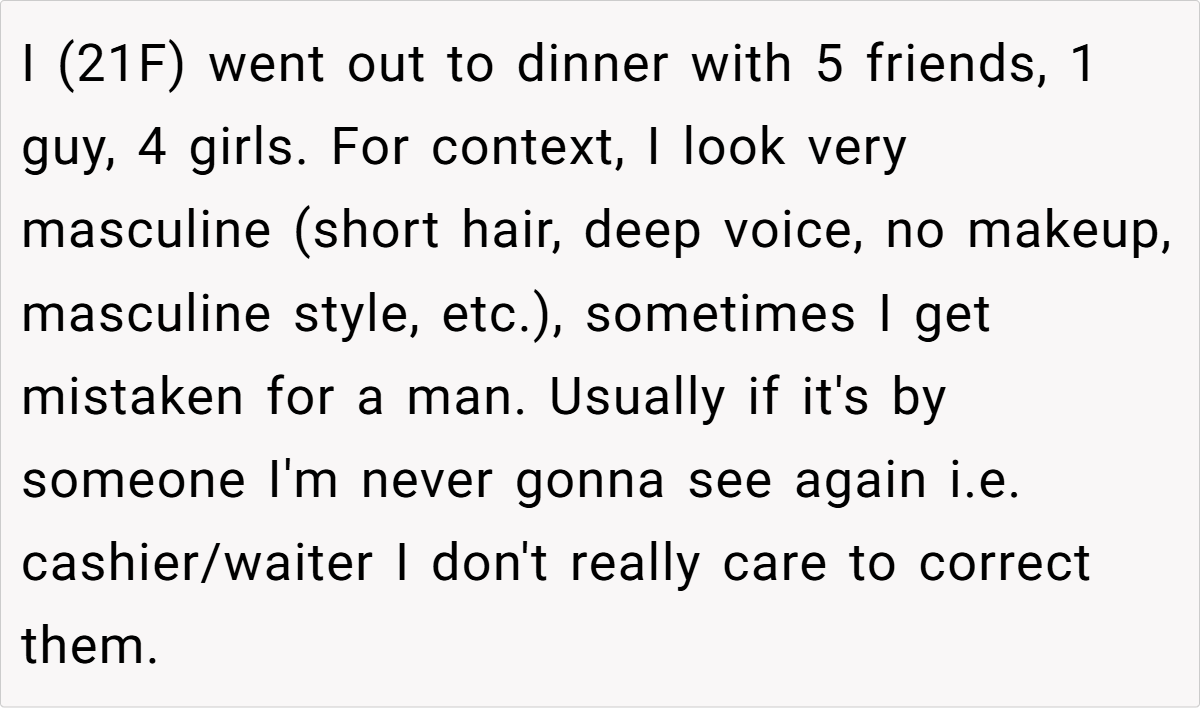
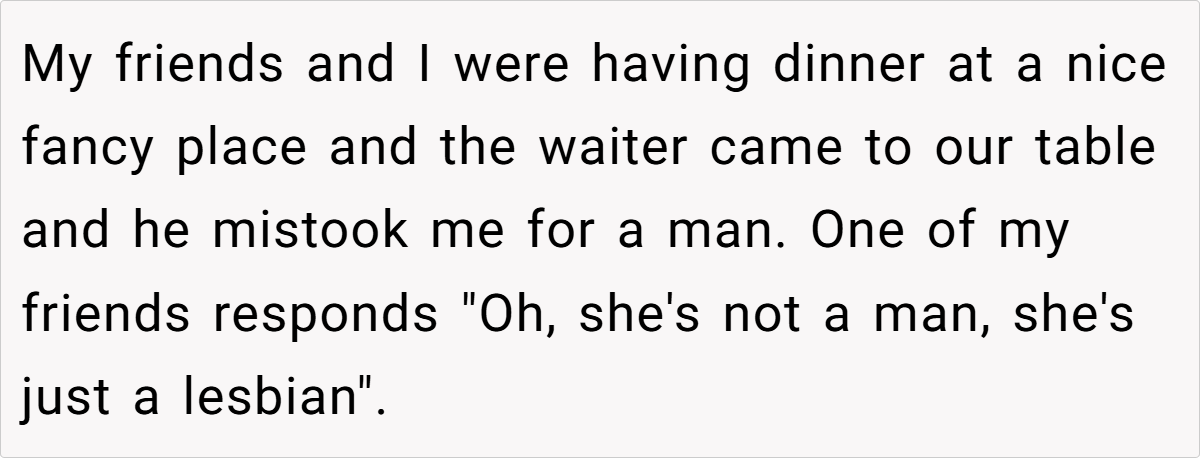

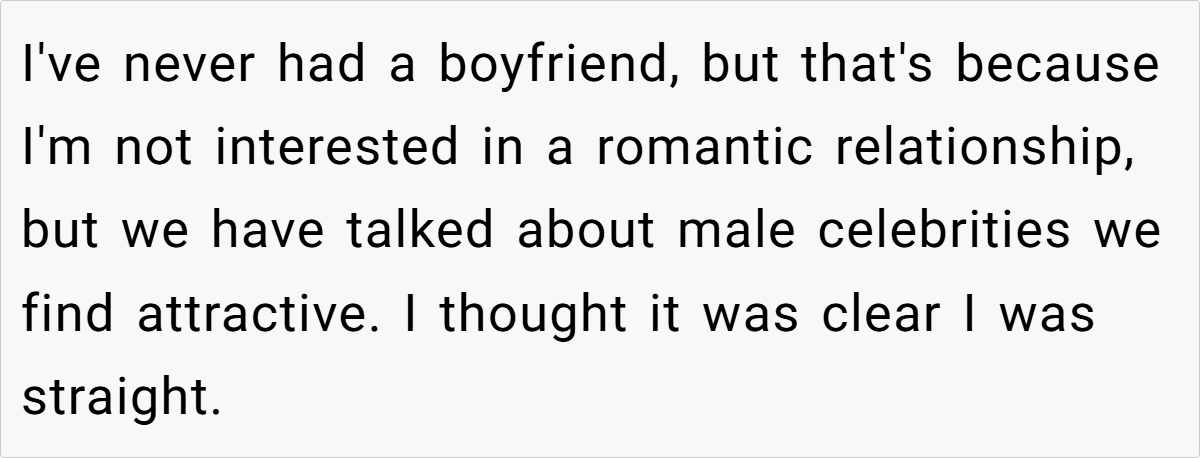
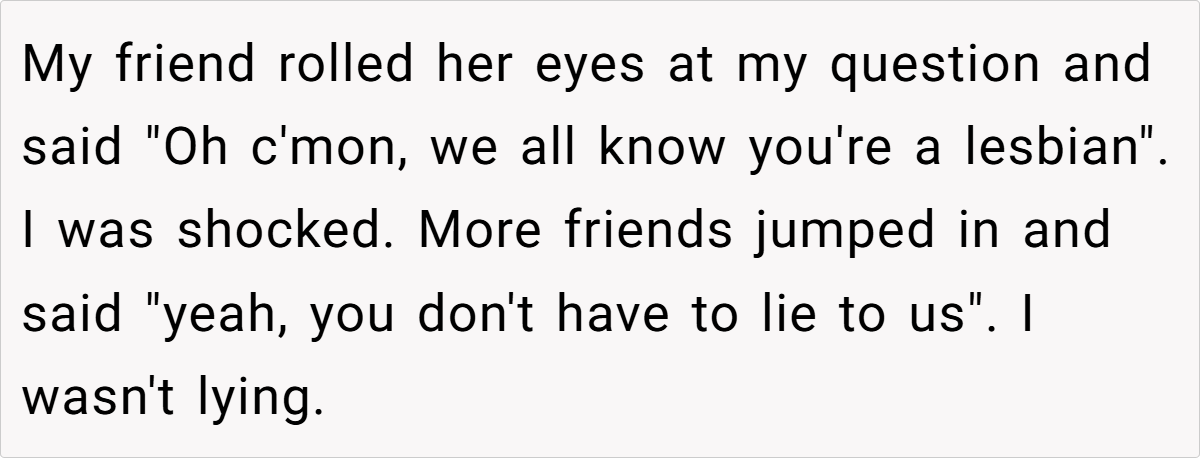
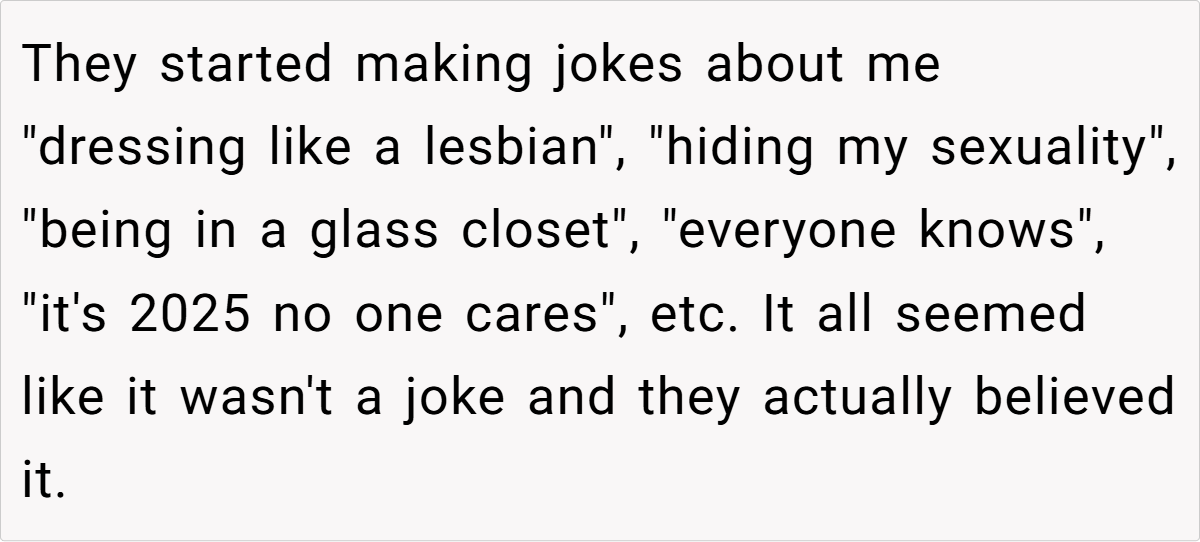
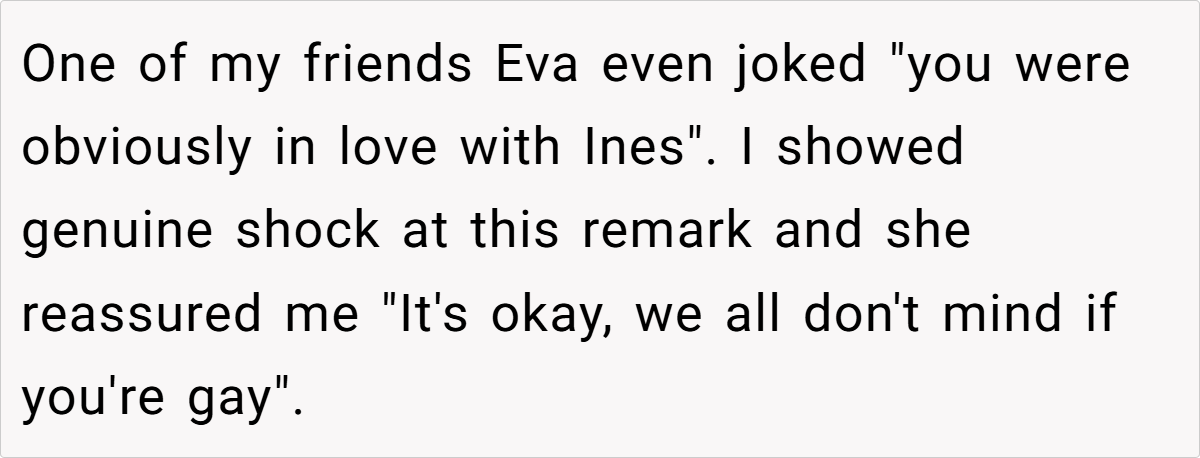
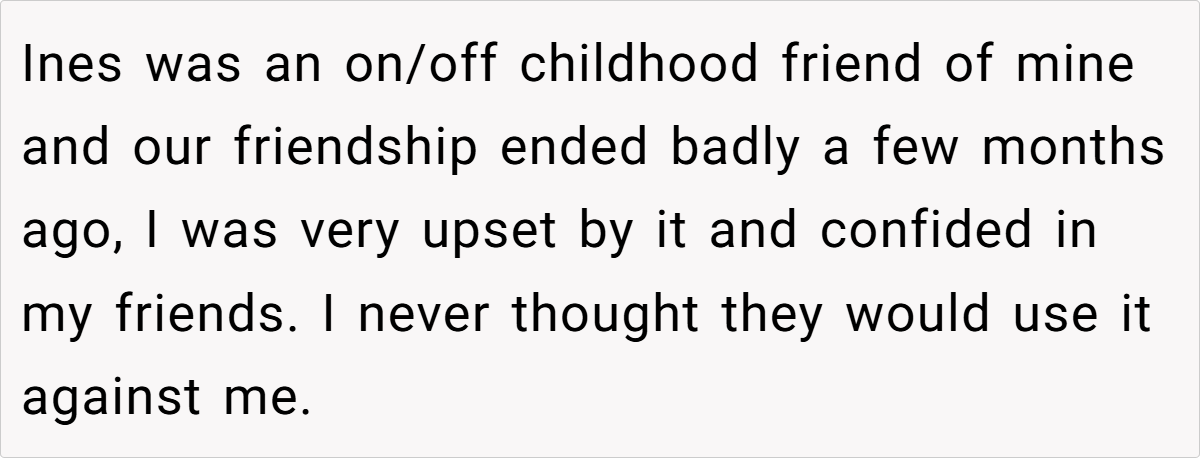
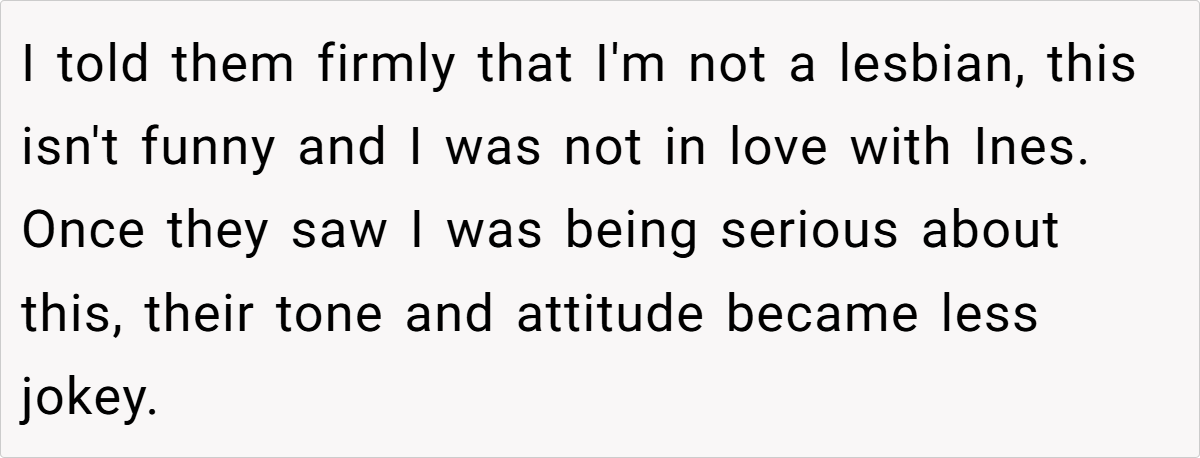
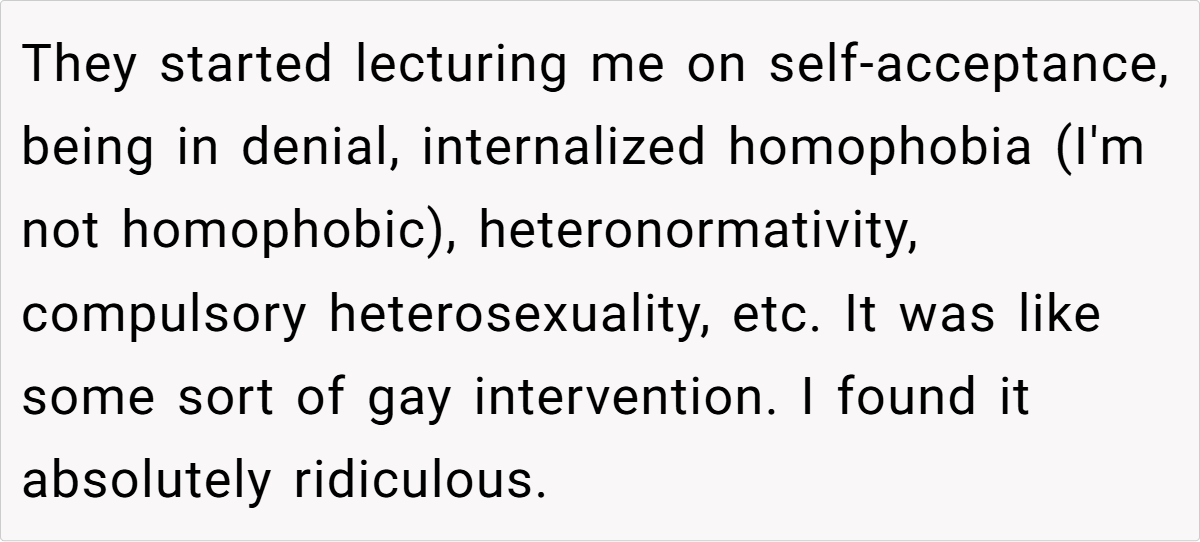
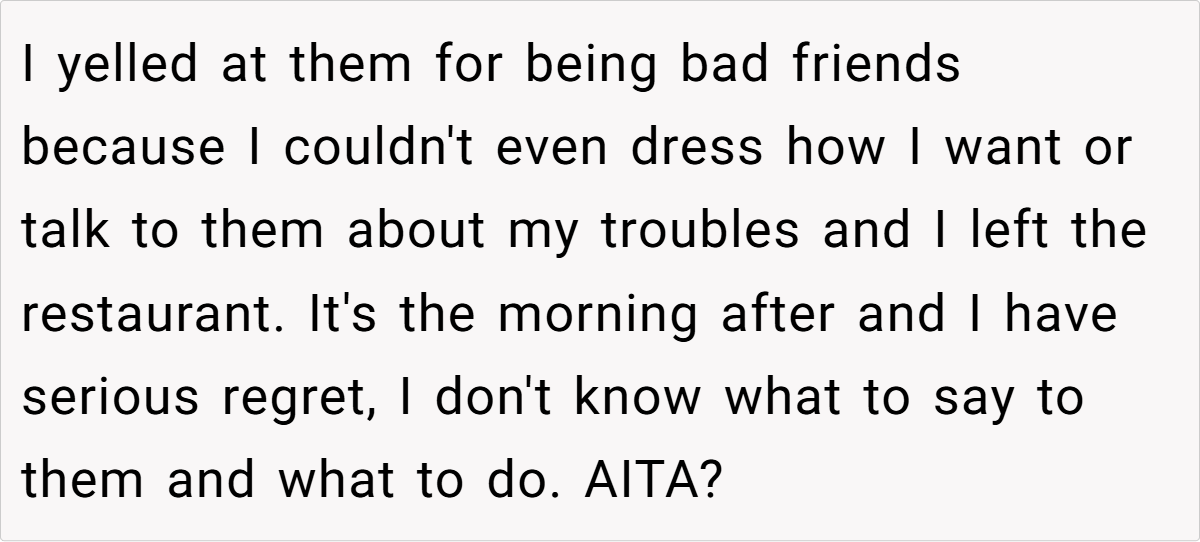
Expert Analysis:
Why Your Friends Don’t Get to Decide Your Sexuality
It’s one thing for friends to speculate about a crush or a relationship, but when they insist they know your identity better than you do, that crosses a major line.
According to Dr. Lisa Diamond, an expert in sexual identity and fluidity, forcing a label onto someone—whether it’s straight, gay, or otherwise—ignores the deeply personal nature of identity. Sexuality is self-defined, and dismissing someone’s own understanding of themselves invalidates their autonomy.
In OP’s case, her friends weren’t being supportive—they were being dismissive. Instead of listening to her, they acted as though they knew better. That’s not acceptance; that’s gaslighting.
The Harm of “Forcing Someone Out”
What OP’s friends did is disturbingly similar to forcing someone out of the closet—except in this case, they were pushing OP into one.
- If OP were gay and hiding it, this would be an incredibly invasive, pressuring tactic.
- If OP were questioning, this could make her feel even more alienated.
- Since OP is straight, they completely disregarded her identity and made a joke out of it.
According to GLAAD, pressuring someone about their sexuality—even under the guise of “support”—can lead to anxiety, isolation, and damaged friendships. No one should feel forced to prove their identity.
Lessons Learned & Moving Forward
- Your Identity Is Yours Alone – No one else gets to define your sexuality or tell you how you “really” feel.
- “Support” Doesn’t Mean Pressure – Real support is about listening, not forcing labels onto someone.
- Friends Who Don’t Respect You Aren’t Friends – If OP’s friends can’t accept her for who she is, then they aren’t really her friends.
- OP Doesn’t Owe an Apology—They Do – If anything, her friends should be the ones reaching out to apologize for their behavior.
Here’s the comments of Redditors:
Most users called out OP’s friends for crossing the line. Even if they thought she was a lesbian, they had no right to pressure her. Some pointed out that if the roles were reversed, and OP’s friends insisted a lesbian was actually straight, it would be seen as blatant homophobia.
Others encouraged OP to demand an apology—because good friends respect your identity, they don’t force one on you.
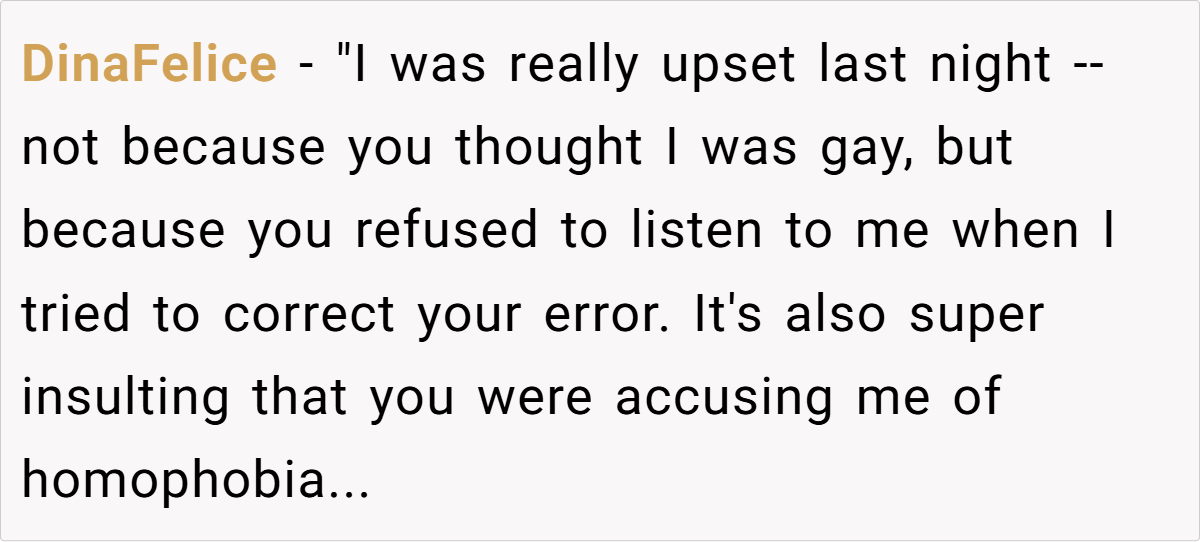
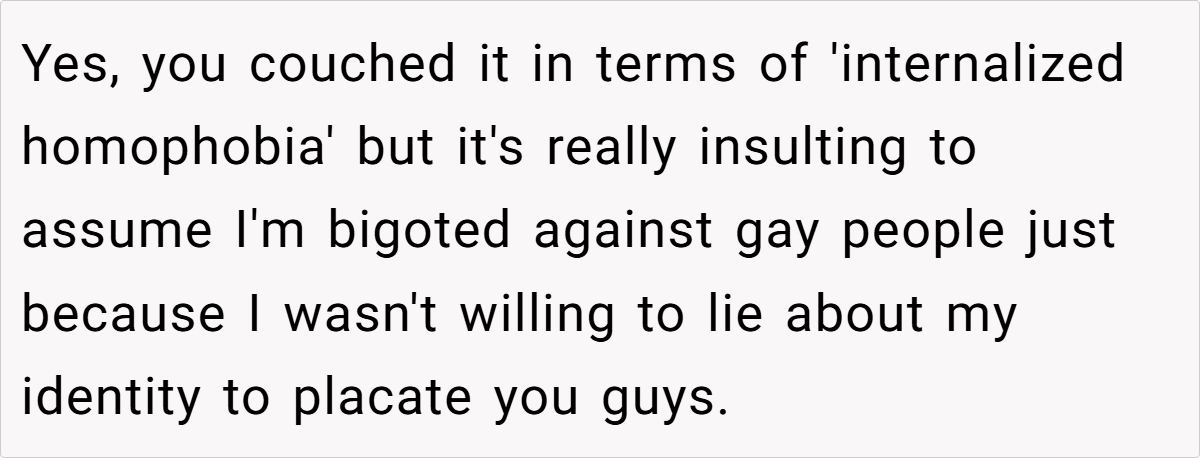


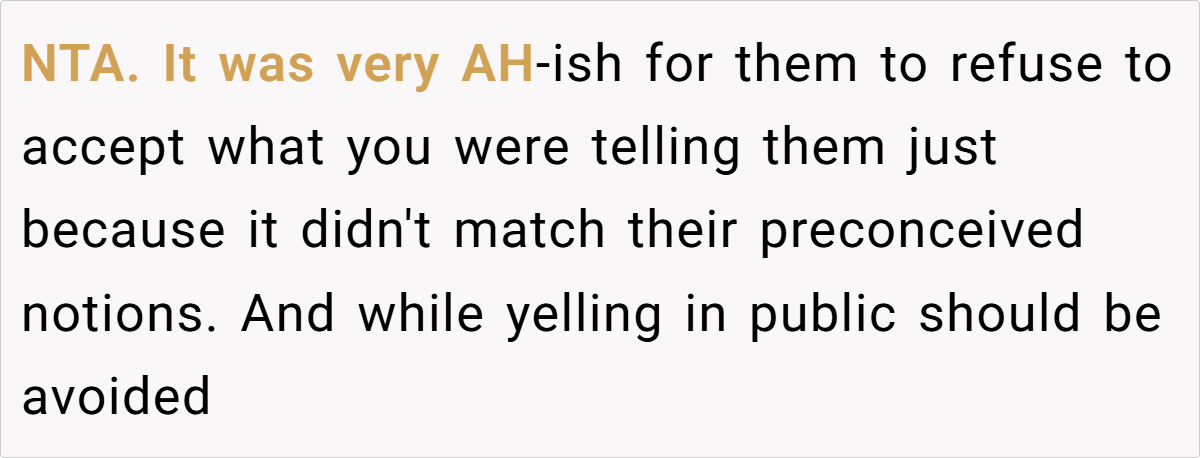
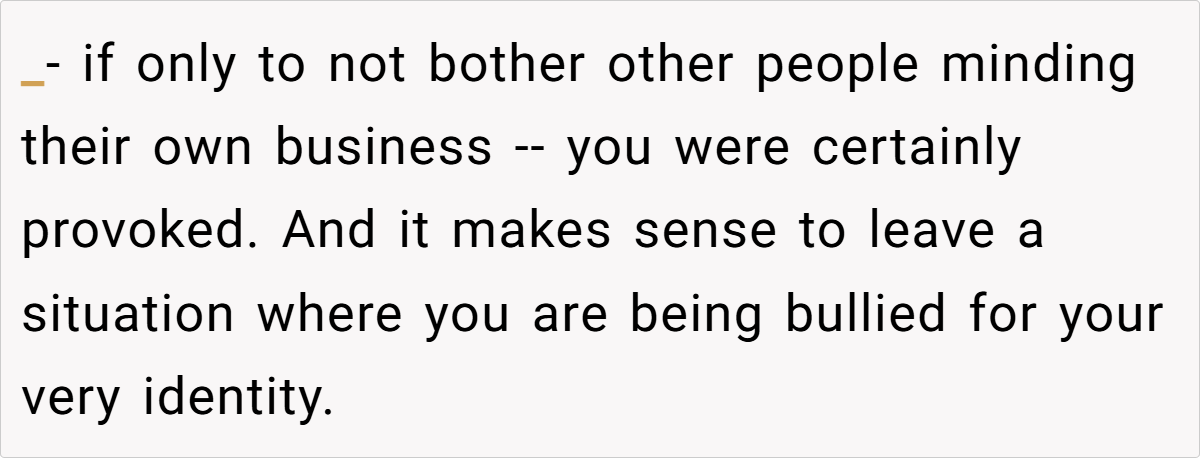


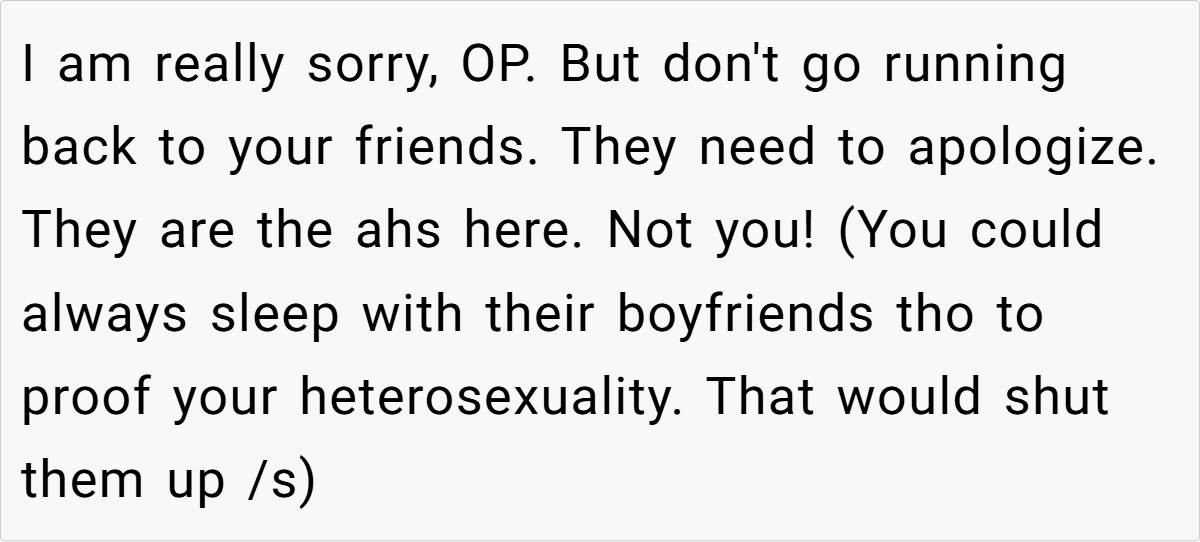
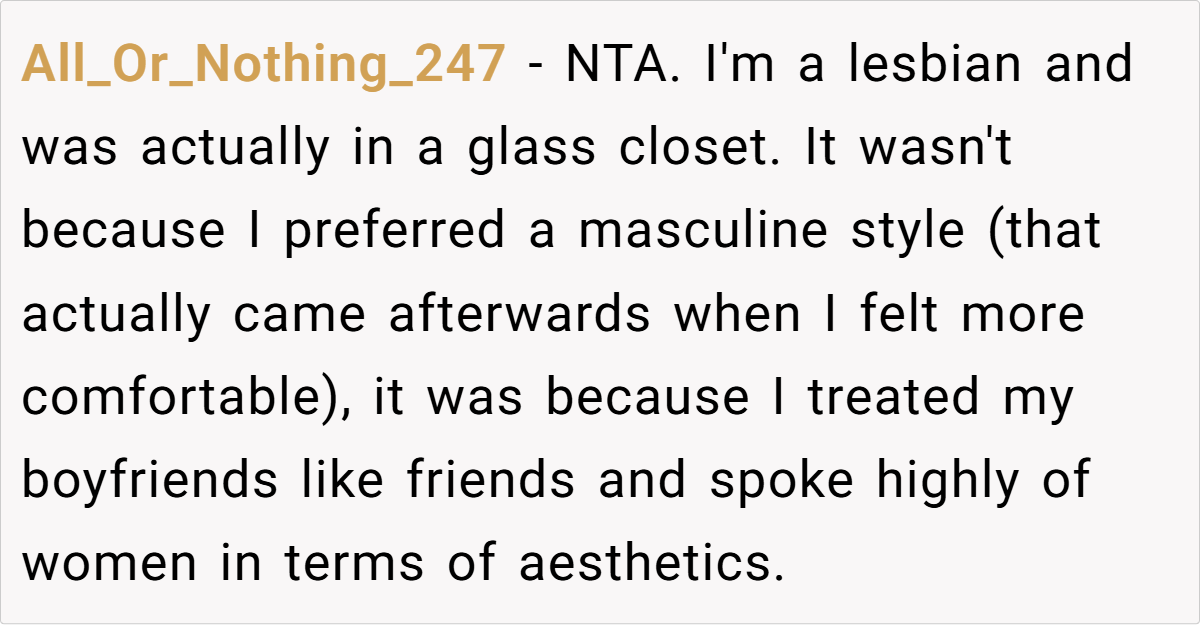
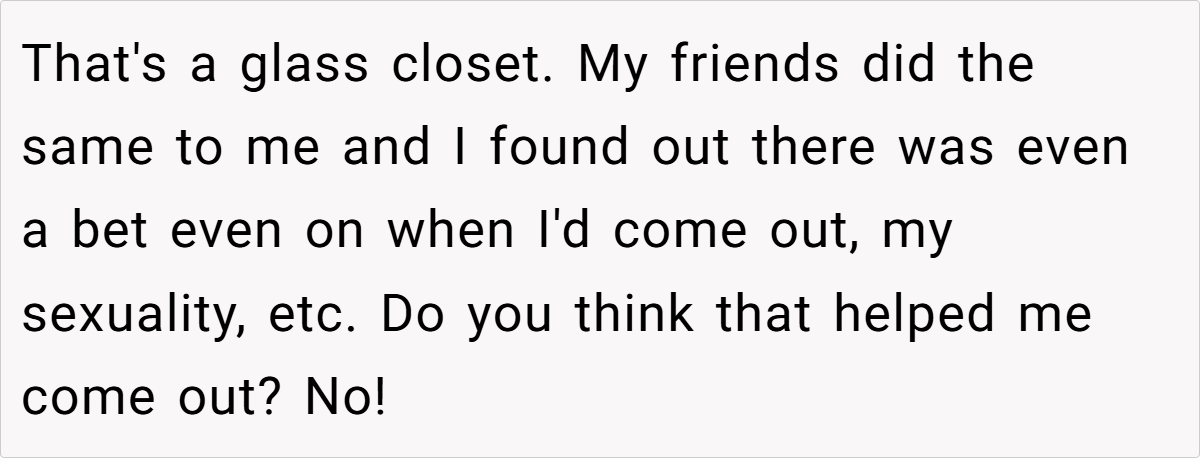

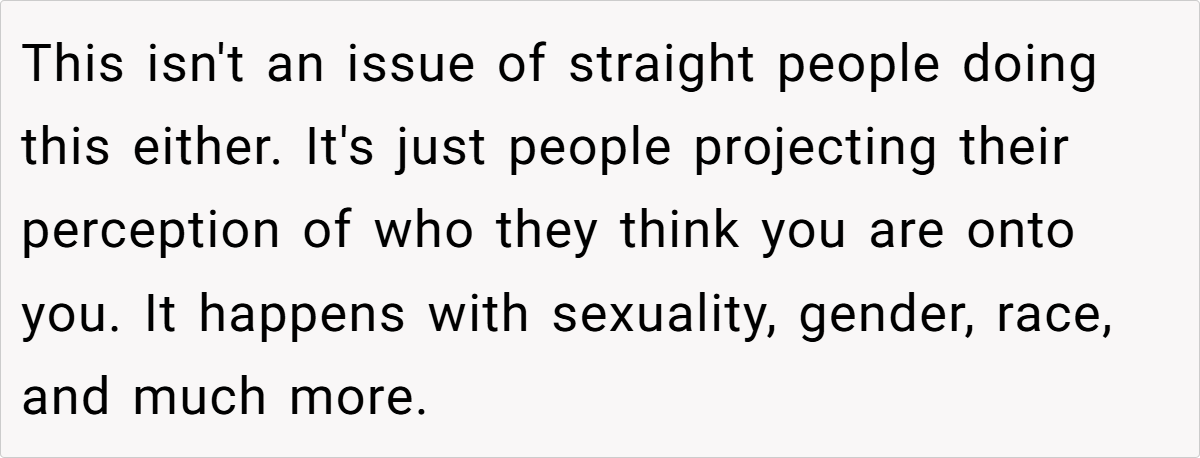
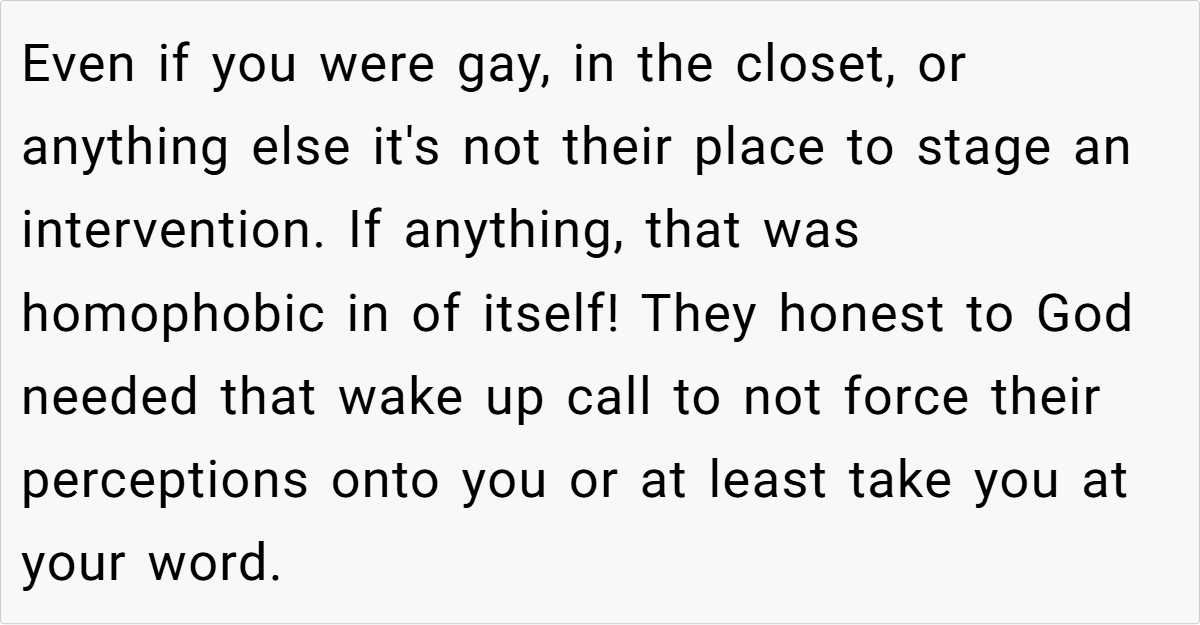

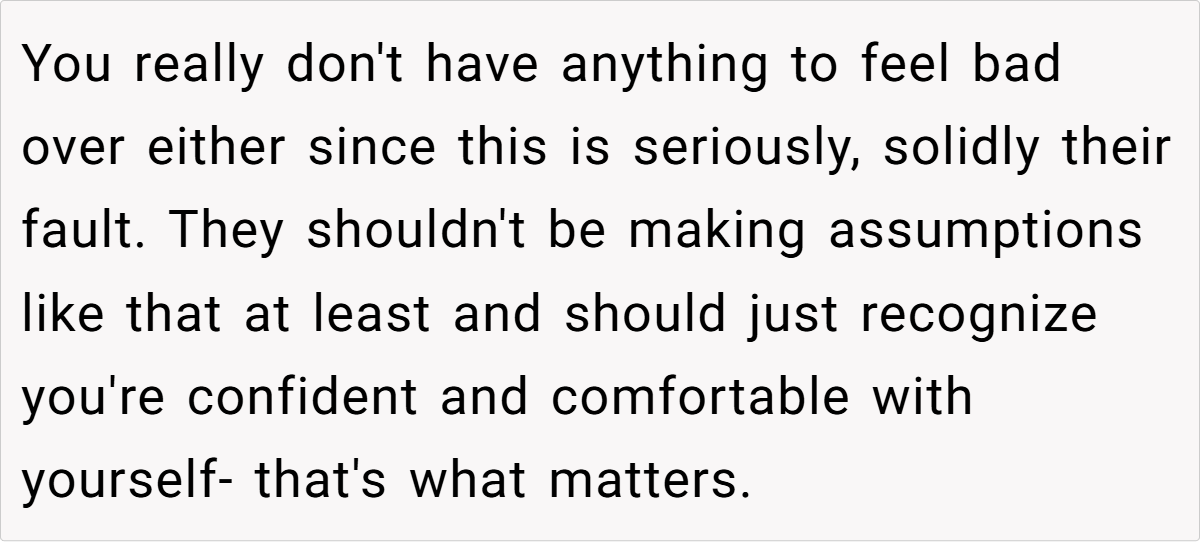
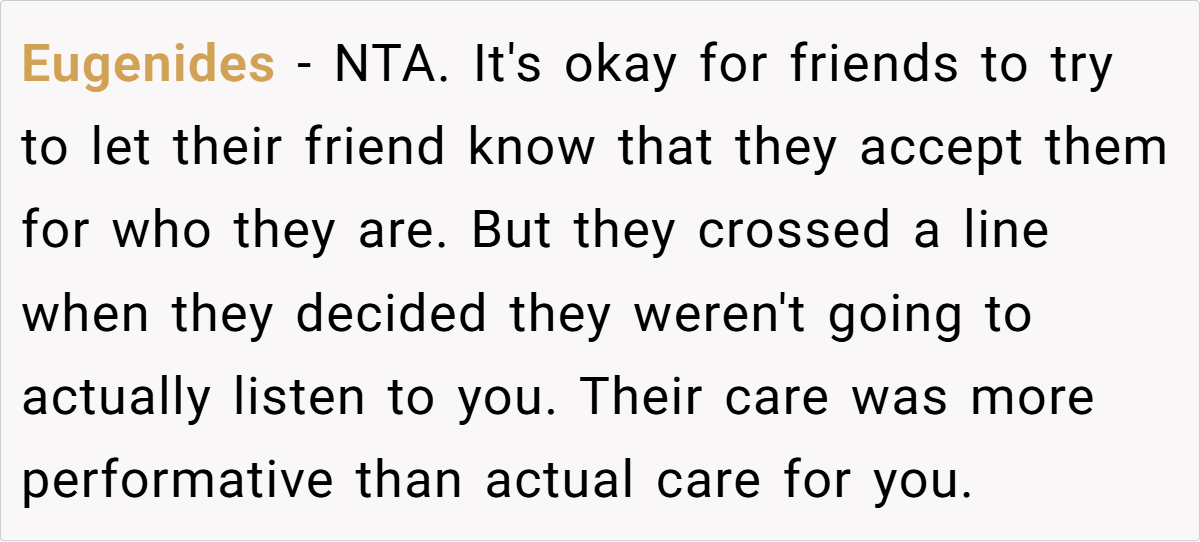
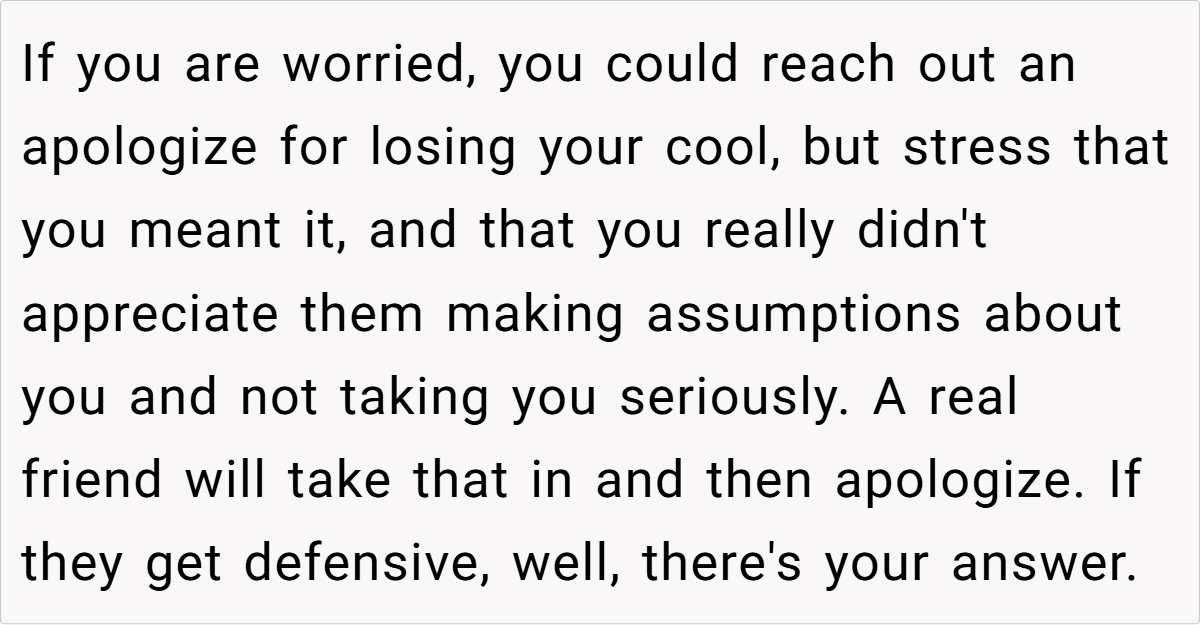
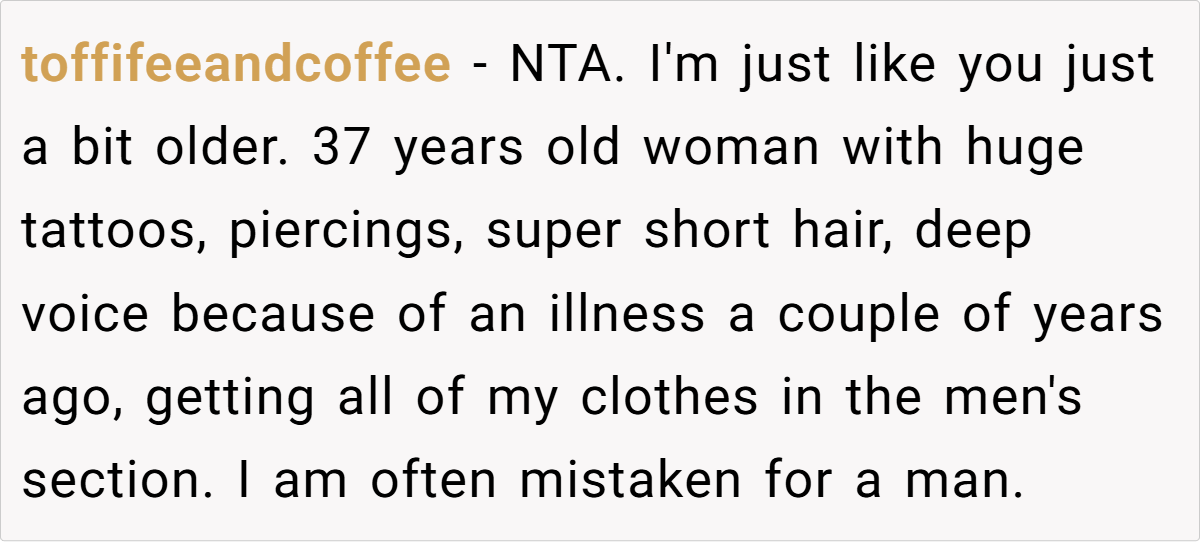

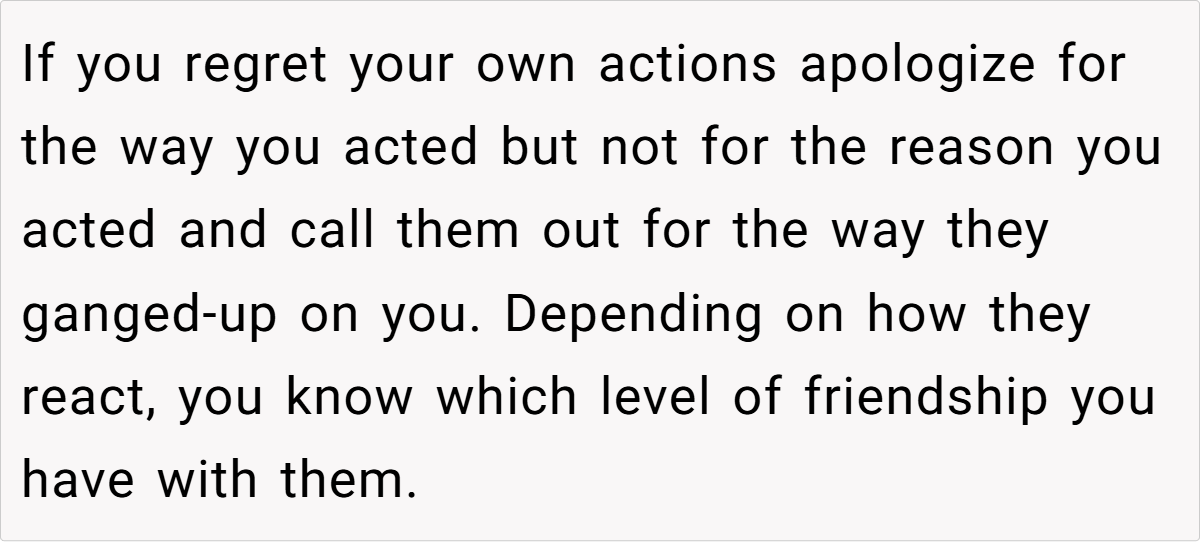


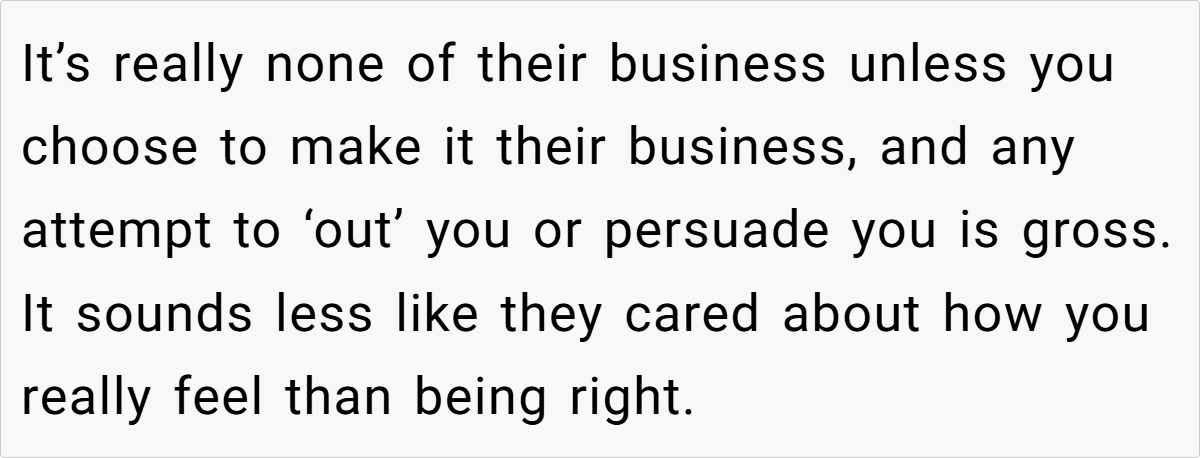
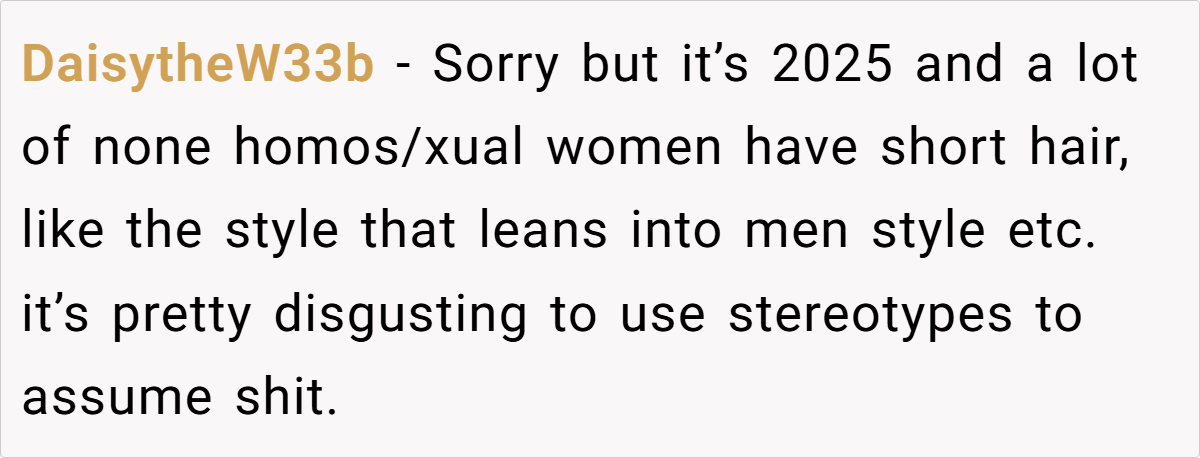
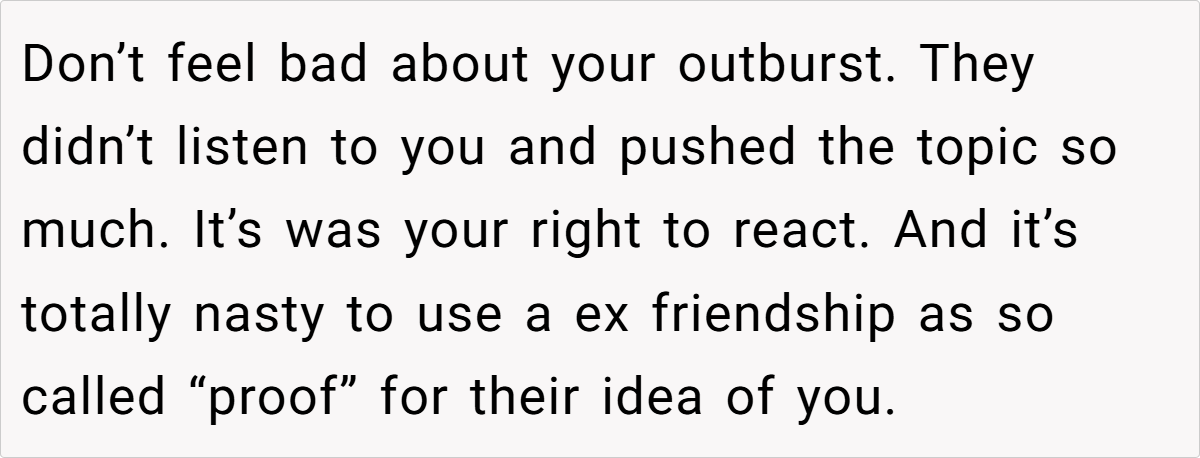
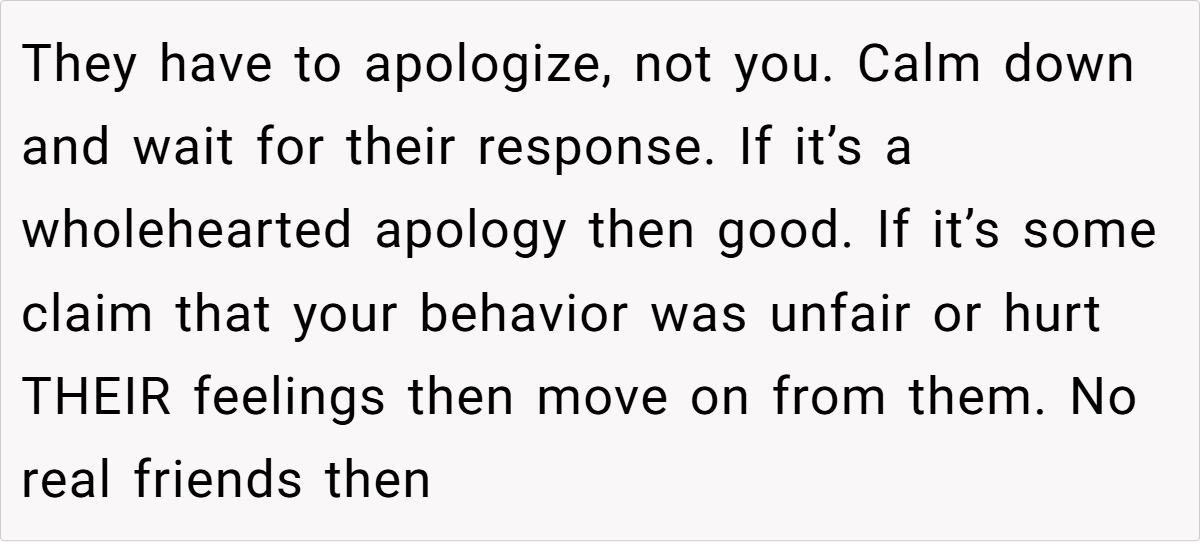
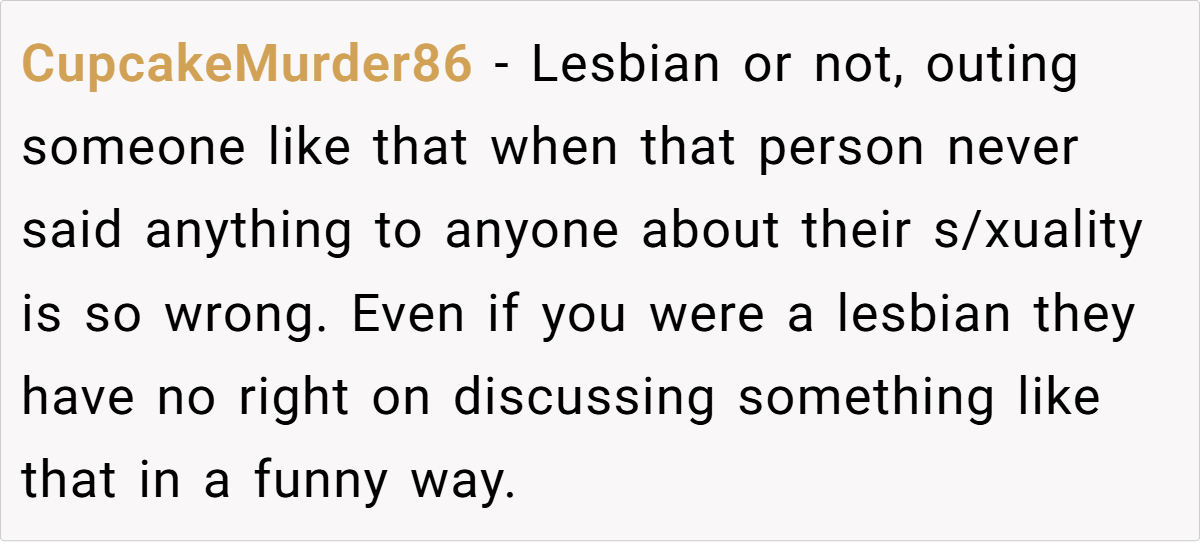
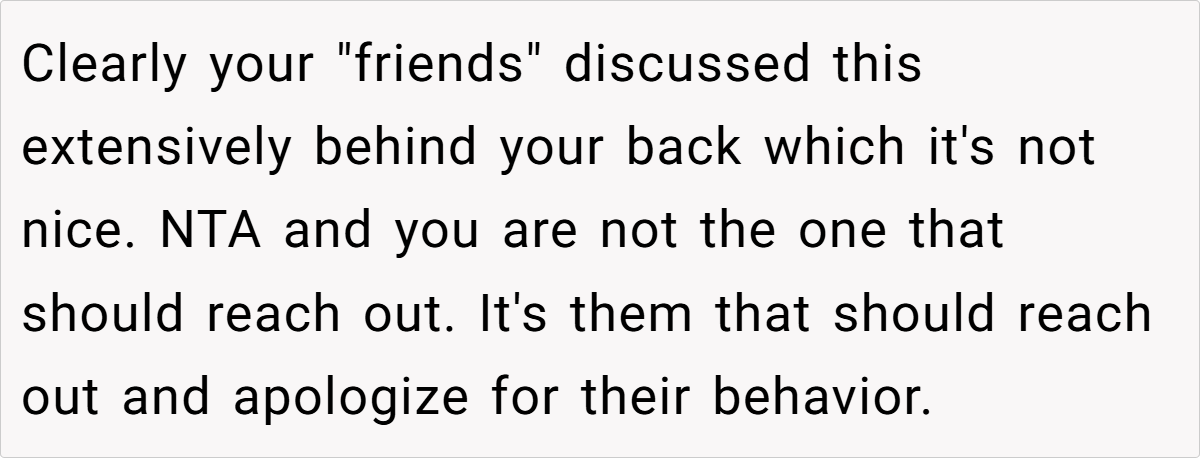
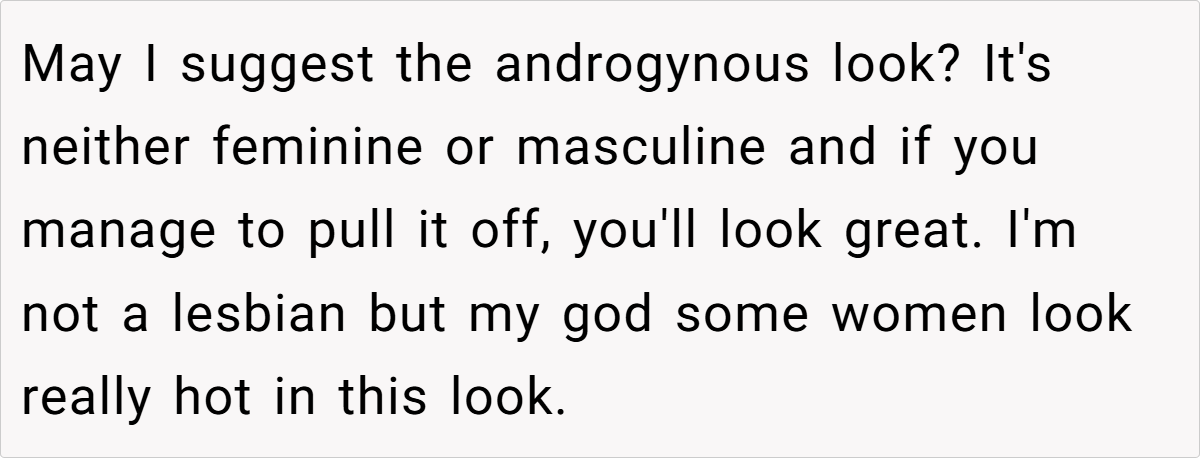



What do you think—should OP reach out first, or wait for them to realize their mistake? Let’s discuss.

